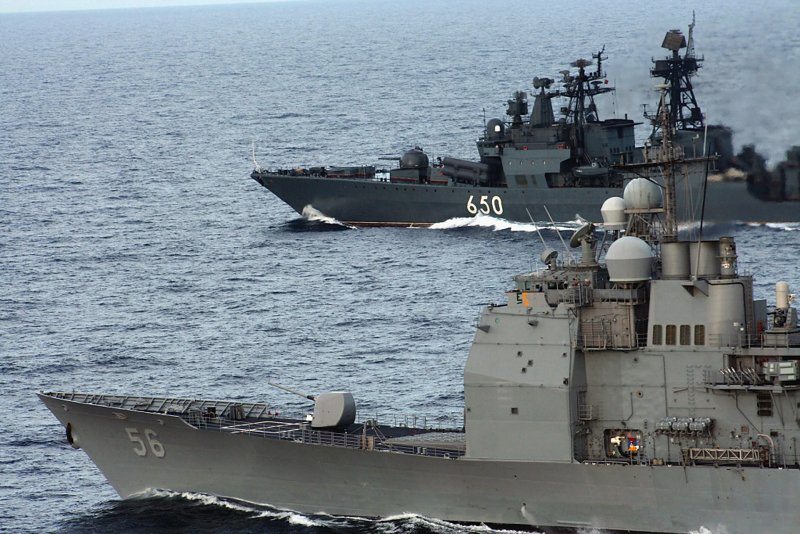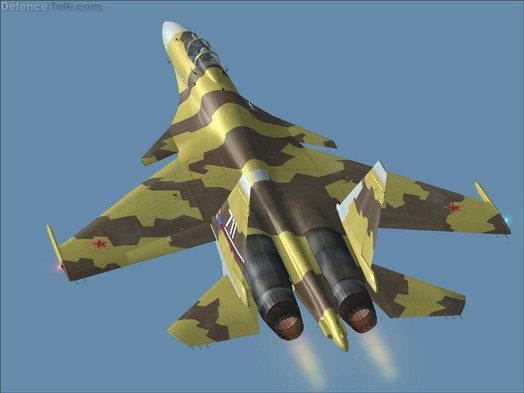The United States will “help” the Philippines in the event that China occupies disputed islands in the South China Sea, the US Chief of Naval Operations said Thursday.
Admiral Jonathan Greenert also stressed that the US would honour its mutual defence treaty with the Philippines amid a seething territorial conflict with China over the resource-rich waters.
“Of course we would help you. I don’t know what that help would be, specifically. I mean we have an obligation because we have a treaty,” he told students at a state defence college during a visit to Manila.
His remarks — one of the strongest US declarations of support for the Philippines — come as concerns rise that China will attempt to forcefully assert its claim to almost all of the South China Sea.
China’s claim conflicts with that of the Philippines, which has a 1951 treaty with the United States that officials say bind the two partners to defend each other in case of external attack.
The United States has not taken a stand on the conflicting territorial claims over the South China Sea, which also involve Brunei, Malaysia, Taiwan and Vietnam.
But Admiral Greenert said that he wanted to send a “clear signal… that aggressive behaviour outside of international norms is contrary to good order.”
“You may have seen some statements coming from our policy makers exactly in that direction. You will see more of that from us,” he added.
He also said that the US Navy would increase its presence in the Western Pacific region from the present level of about 50 ships to 60 ships by 2020.
In December, during a visit to the Philippines, US Secretary of State John Kerry warned China against any move to declare an air defence zone in the South China Sea, a declaration that was seen as an affirmation of the defence ties between Manila and Washington.
Greenert also praised the Philippines’ move to ask a UN tribunal to strike down China’s claims to most of the South China Sea, saying it was “a terrific idea.”
He urged the Philippines “to stay the course and bring this to fruition,” even though China has refused to participate in the process.











